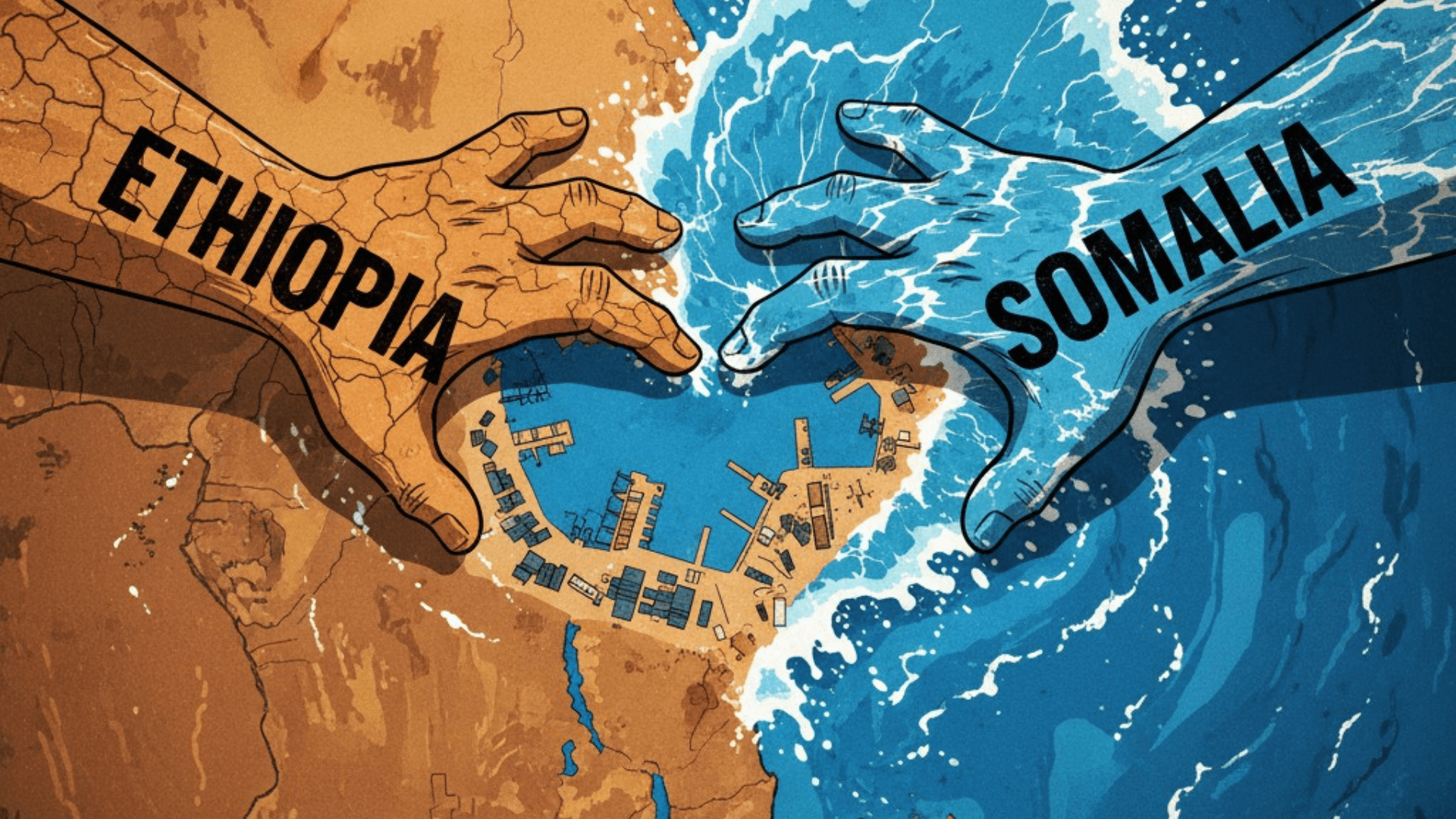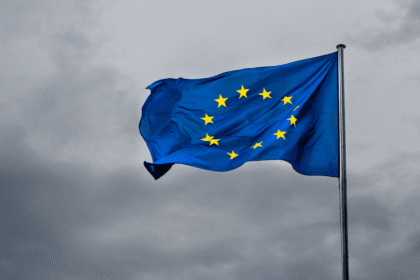By Brian Ochieng Akoko, Reporter | Nakuru City – Kenya.
A major geopolitical crisis is ongoing in the Horn of Africa. This crisis centers on a controversial sea access agreement. Ethiopia and the self-declared republic of Somaliland signed this agreement.
The agreement is formally known as a Memorandum of Understanding (MoU). This MoU was signed at the beginning of 2024. The agreement has created deep and dangerous tensions. These tensions are primarily with Somalia.
The Sovereign Red Line
Somalia strongly rejects this agreement. Somalia considers Somaliland to be part of its sovereign territory. The deal is seen as a hostile move. The Somali Federal Government views the agreement as a direct attack.
It is an attack on Somalia’s territorial integrity. It is also an attack on Somalia’s national sovereignty. Ethiopia is a landlocked nation. It is the world’s most populous landlocked country.
Ethiopia lost its coastline in 1993. This happened after Eritrea gained independence. Ethiopia has relied on Djibouti for port access. Approximately 95% of Ethiopia’s seaborne trade goes through Djibouti.
This reliance costs Ethiopia a huge sum. It costs Ethiopia an estimated $1.5 billion annually. This cost is paid in scarce foreign currency. Ethiopian Prime Minister Abiy Ahmed has repeatedly stated his position.
He says sea access is an existential matter. Regaining sea access is considered non-negotiable. It is vital for Ethiopia’s economic survival. It is also critical for its national security. The desire for sovereign port access drives this entire strategy.
Diplomatic Breakdown and Alliance Building

The MoU immediately derailed all regional diplomatic efforts. Somalia recalled its ambassador from Addis Ababa immediately. Somalia also publicly severed all diplomatic ties with Ethiopia completely.
Regional bodies and international partners immediately intervened. They sought to mediate the escalating tensions constantly. However, Somalia has refused all direct dialogue completely.
Somalia will not talk until the MoU is fully and completely retracted. The standoff is severe and persistent. The political tensions are extremely high constantly.
They involve the fight against militant groups. They involve the sovereignty of nations. The ongoing dispute over the MoU remains a central threat. It is a threat to peace in the Horn of Africa. The political future of the region is uncertain.
This uncertainty is directly linked to the stalled sea access deal. Ethiopia continues its ambition. Somalia continues its defense of sovereignty. The diplomatic standoff continues. This is the main story. This is the ongoing crisis.
Geopolitical Counterbalance: A Dangerous Game
The geopolitical maneuvering shows no sign of stopping. Somalia is actively building new alliances. Somalia signed a new defense cooperation MoU with Tanzania. This happened in October 2024.
Somalia is strengthening its military ties. This is a strategic counterbalance to Ethiopia. Somalia is exerting maximum political pressure. This pressure is aimed at getting Ethiopia to retract the preliminary agreement.
The crisis is deep and complex with profound regional implications. The MoU has set back years of diplomatic progress. The détente between Ethiopia and Somalia is over.
The situation demands continued hard news coverage. The instability is affecting security operations. The dispute is undermining regional cooperation efforts. The Horn of Africa remains highly tense.
The sea access deal is the main trigger. Ethiopia’s need for the sea is immense. Somalia’s defense of sovereignty is absolute. These two positions are currently irreconcilable as the crisis is goes on.





Daj svoj stav!
Još nema komentara. Napiši prvi.